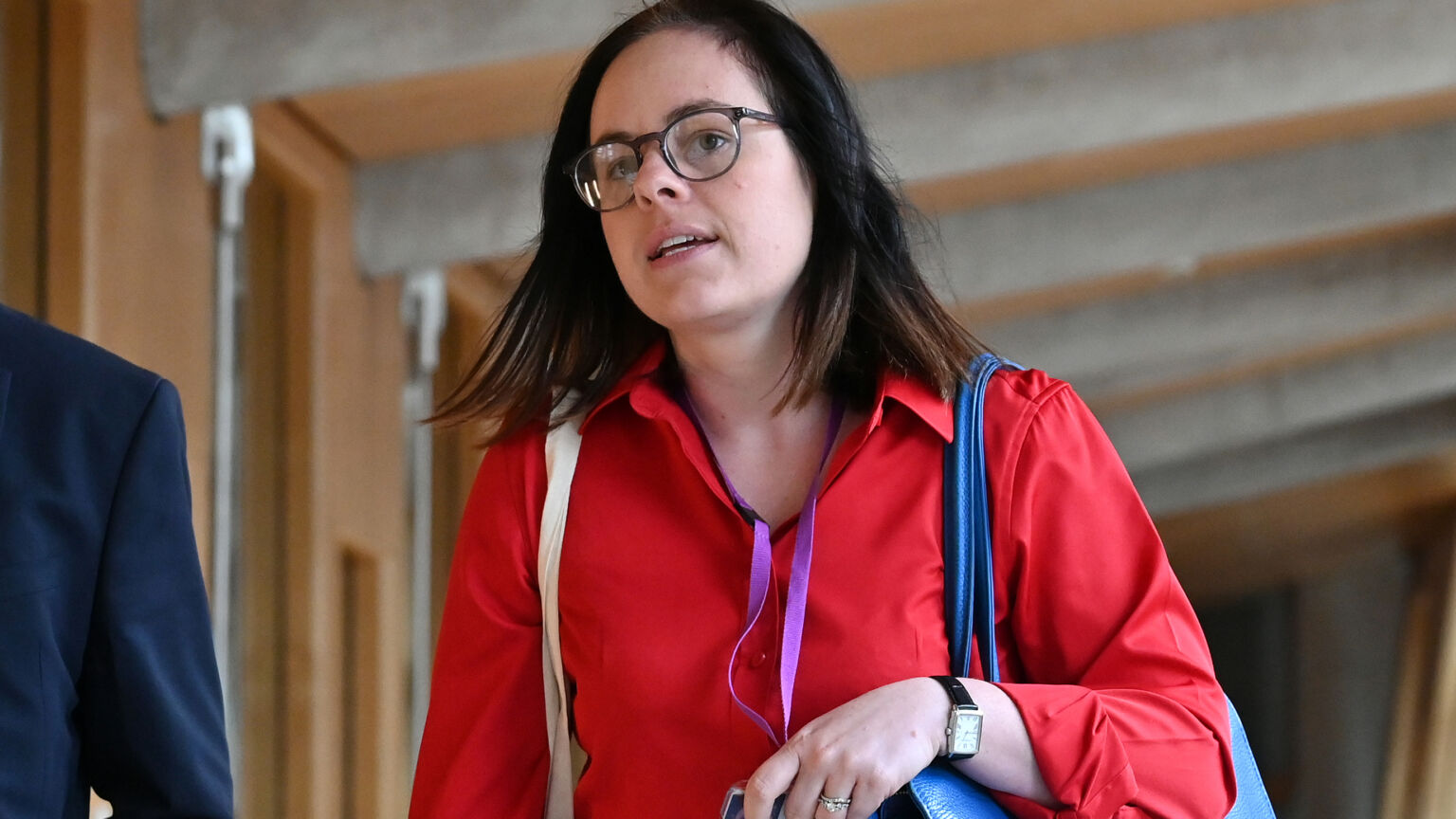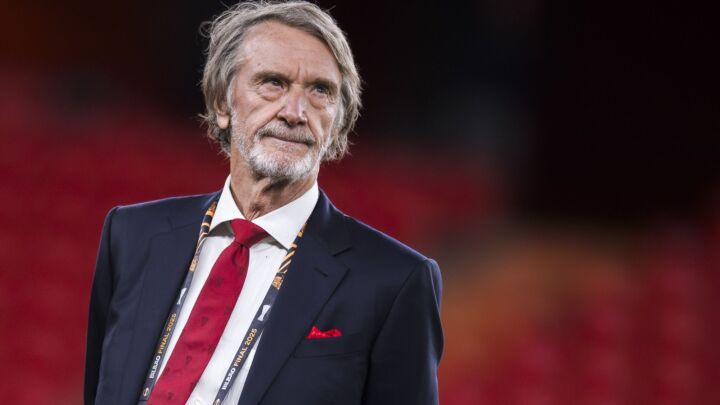Kate Forbes’s resignation speaks to an SNP in disarray
Scottish nationalism has never recovered from Nicola Sturgeon’s woke misrule.

Want unlimited, ad-free access? Become a spiked supporter.
The unexpected departure from politics of the Scottish National Party (SNP) deputy leader, Kate Forbes, to spend more time with her family, has inevitably aroused suspicion of a clear-out of gender-critical feminists. Factional wars have been intense since former first minister Nicola Sturgeon resigned just as precipitously in February 2023.
Forbes has made no secret of her opposition to gender ideology and nationalists like the gender-critical feminist and former colleague, Joanna Cherry, suspect that she was undermined by trans-activist rivals. Forbes has been a highly capable minister and has helped the SNP to temper its anti-growth rhetoric and preoccupation with Net Zero. Most expected her to seek the leadership – and win it – when the current first minister, John Swinney, steps down. Instead, she will remain in her ministerial role but will not seek re-election as an MSP in 2026.
Replacing Forbes in pole position in the Holyrood leadership stakes is the Net Zero minister, Màiri McAllan, who is a staunch trans activist. It doesn’t take much to join the dots and cry ‘lock-out’, especially since Swinney is himself a declared supporter of Sturgeon’s failed Gender Recognition Reform (Scotland) Bill. However, this conspiracy theory doesn’t entirely stand up.
Only a fortnight ago, Cherry’s great rival for the soul of the SNP, the former Westminster deputy leader, Mhairi Black, announced that she is leaving the SNP largely because of its supposed ‘capitulation’ on trans rights. Black was also the future of the SNP once. She has a passionate following among younger nationalist cadres and the LGBT activists who transformed the party in the past decade.
Also leaving politics is Sturgeon’s immediate successor as first minister, Humza Yousaf, a long-time supporter of Sturgeon’s gender bill. So the score looks more or less even. Indeed, looking at the nationalist MSPs standing down in 2026, including old allies of Nicola Sturgeon like the finance secretary, Shona Robison, and LGBT advocate Rona Mackay, it seems the balance might have even tilted in Forbes’s favour, had she decided to stay.
We have to take Forbes’s word that she departed because she wanted to devote herself to raising her daughter, Naomi. In fact, this would hardly require a great leap of faith – after all, she announced her decision not to seek re-election to Holyrood on her daughter’s third birthday. Forbes is also a Christian with a strong dedication to family values. As a member of the evangelical Free Church of Scotland sect, she is opposed to abortion, and publicly stated that she would have voted against same-sex marriage had she been in parliament in 2012, when the matter was debated. She insists that she accepts the law on abortion and LGBT rights, though she draws the line at transgenderism, having said that she is an ‘unequivocal’ supporter of single-sex spaces for women.
Forbes hasn’t ruled out a return to politics in future, however, and few believe she would have departed right now if the SNP had been on course for victory in Holyrood next year. Her departure has undoubtedly heartened the SNP left, and will ease the pressure Swinney is under to move the party in a more business-friendly direction. However, the reality is that Swinney has presided over a collapse in SNP support, and seems to have little idea how to reverse it.
The SNP is running at around 31 per cent in the opinion polls, a far cry from the 43 per cent it was averaging before Sturgeon resigned in the wake of the scandal over the male rapist, Isla Bryson, being placed in a women’s prison. It is now clear that this was the great inflection point in modern nationalist politics. Historians may find it hard to grasp that the issue of transgender identity became such a factor in the decline and fall of a party dedicated to breaking up the UK. But it has caused almost as much division as the strategy for achieving independence.
Swinney has tried to arrest this decline, but to little avail. His ‘renewed’ independence strategy, unveiled last month, was greeted with weary disdain in and out of the party, while his plan of winning an absolute majority in Holyrood looks well-nigh impossible given the SNP’s current levels of support. Around 50 per cent of Scots still say that they support independence, but the party of independence is losing the plot.
The departure of Forbes and other leading SNP figures merely confirms the reality that Scottish nationalism is going nowhere right now. Since Brexit, the independence movement has ground to a halt. The Union looks secure for the foreseeable future and SNP politicians are voting with their feet.
Iain Macwhirter is a political commentator and author of Disunited Kingdom: How Westminster Won A Referendum But Lost Scotland. Visit his Substack here.
You’ve hit your monthly free article limit.
Support spiked and get unlimited access.
Support spiked and get unlimited access
spiked is funded by readers like you. Only 0.1% of regular readers currently support us. If just 1% did, we could grow our team and step up the fight for free speech and democracy.
Become a spiked supporter and enjoy unlimited, ad-free access, bonus content and exclusive events – while helping to keep independent journalism alive.
Monthly support makes the biggest difference. Thank you.










Comments
Want to join the conversation?
Only spiked supporters and patrons, who donate regularly to us, can comment on our articles.